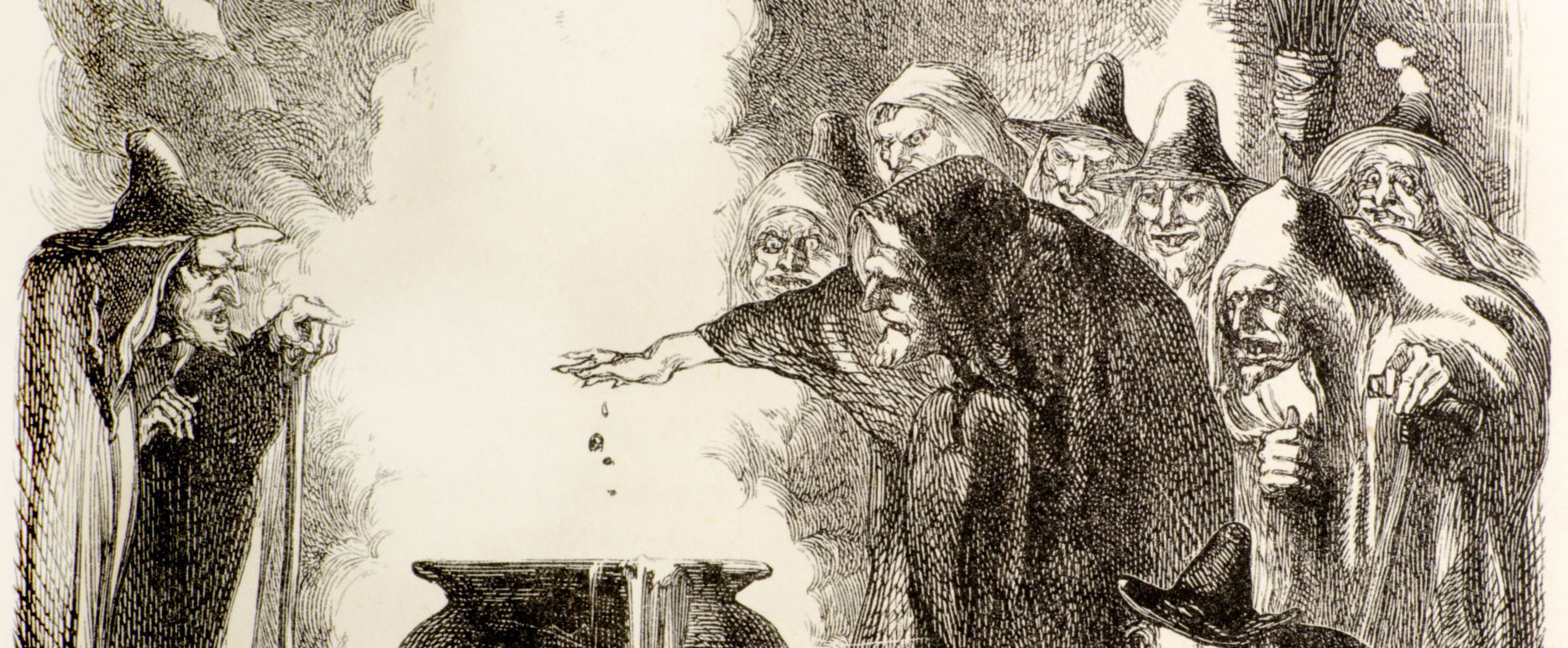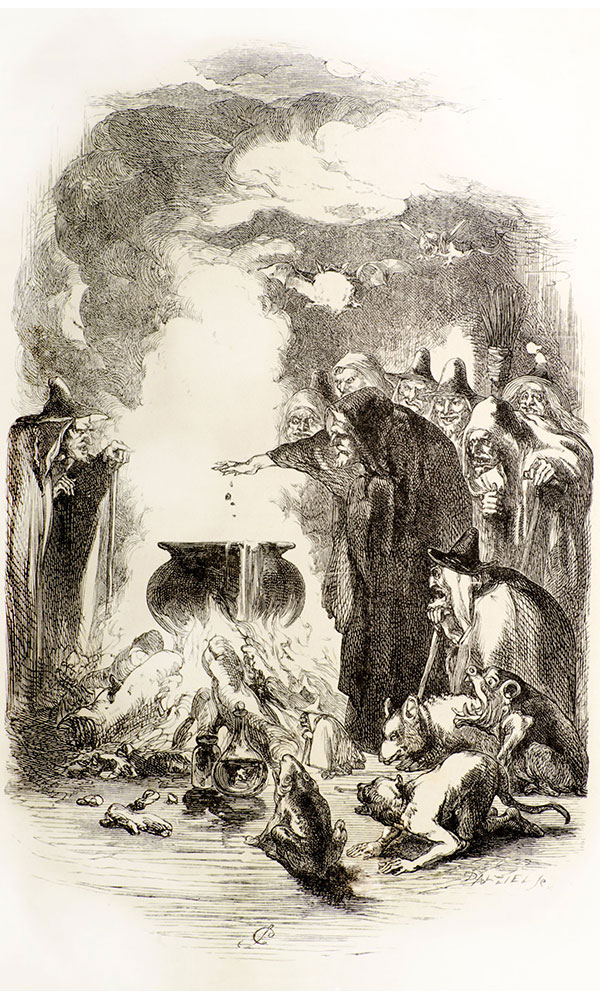MADISON, WISCONSIN—Chemistry World reports that environmental health scientist Sean Scott of the University of Wisconsin-Madison and his colleagues analyzed the amount of lead in bones recovered from three cemeteries in Britain’s Roman settlement of Londinium (modern London) and found it to be 70 times higher than the level of lead found in pre-Roman bones unearthed in the Hampshire and Yorkshire regions of England. The level of lead in the bones from Londinium was high enough to have affected the health of urban Romans, Scott explained, and may have even impacted their birth rates through reduced sperm levels, stillbirths, and premature births. Scott suggests Romans were exposed to lead through lead plumbing, though it was not widely used in Roman London, lead drinking vessels, and even through the use of lead acetate as a food sweetener. Critics of the study note that bone can absorb lead and other metals from soil, making it hard to rule out contamination after death. To read about spikes in lead pollution levels that correspond to historical periods of technological development and population growth, go to "The Lead Standard."
Study Suggests Roman Britons Suffered from Toxic Lead Levels
News December 5, 2019
SHARE:
Recommended Articles
Digs & Discoveries March/April 2023
Early Medieval Elegance
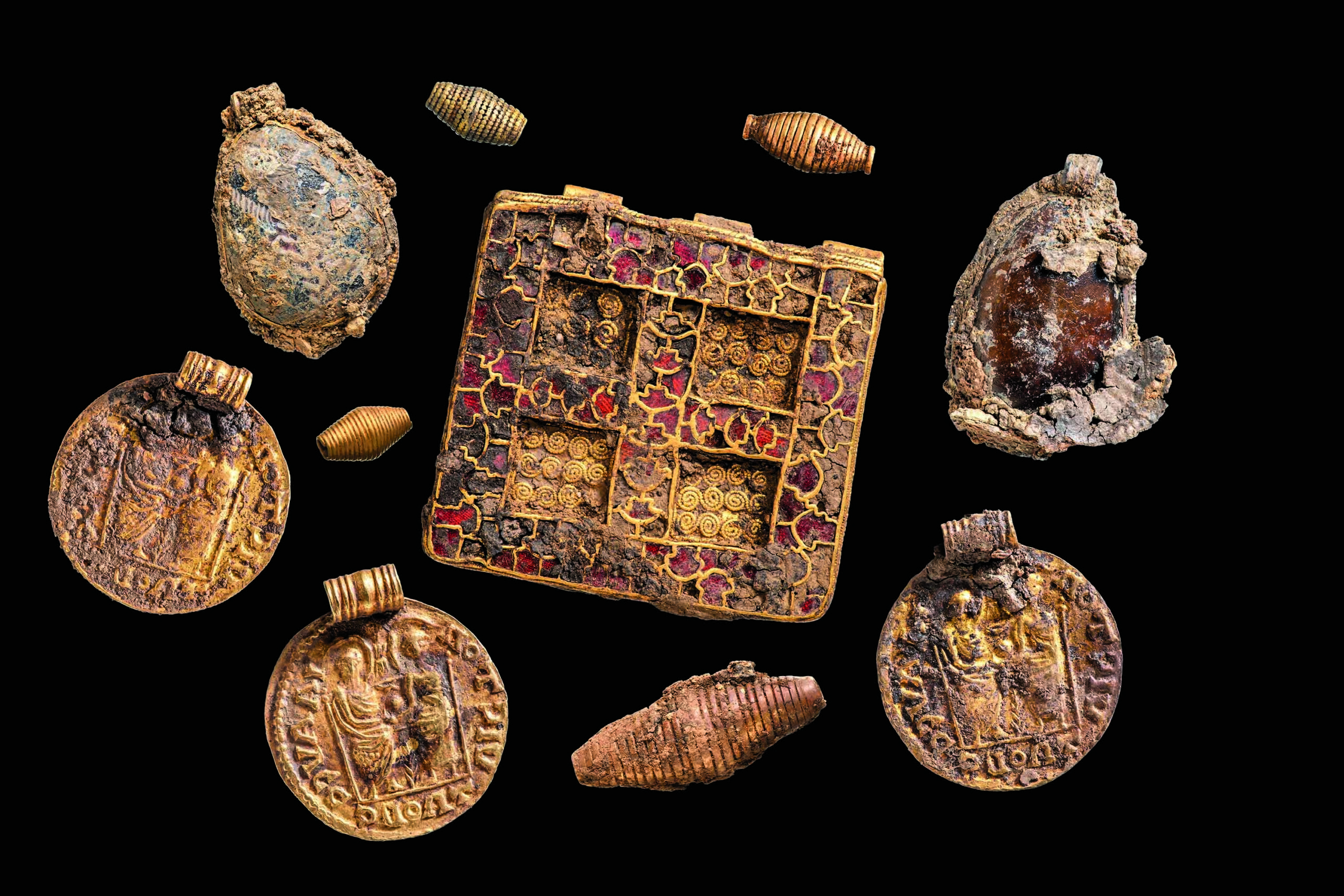
(MOLA/Andy Chopping)
Digs & Discoveries November/December 2021
Identifying the Unidentified
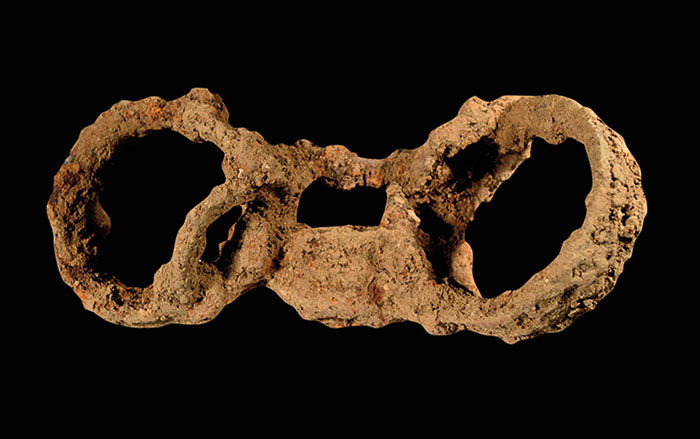
(© MOLA)
Digs & Discoveries November/December 2018
Hand of God
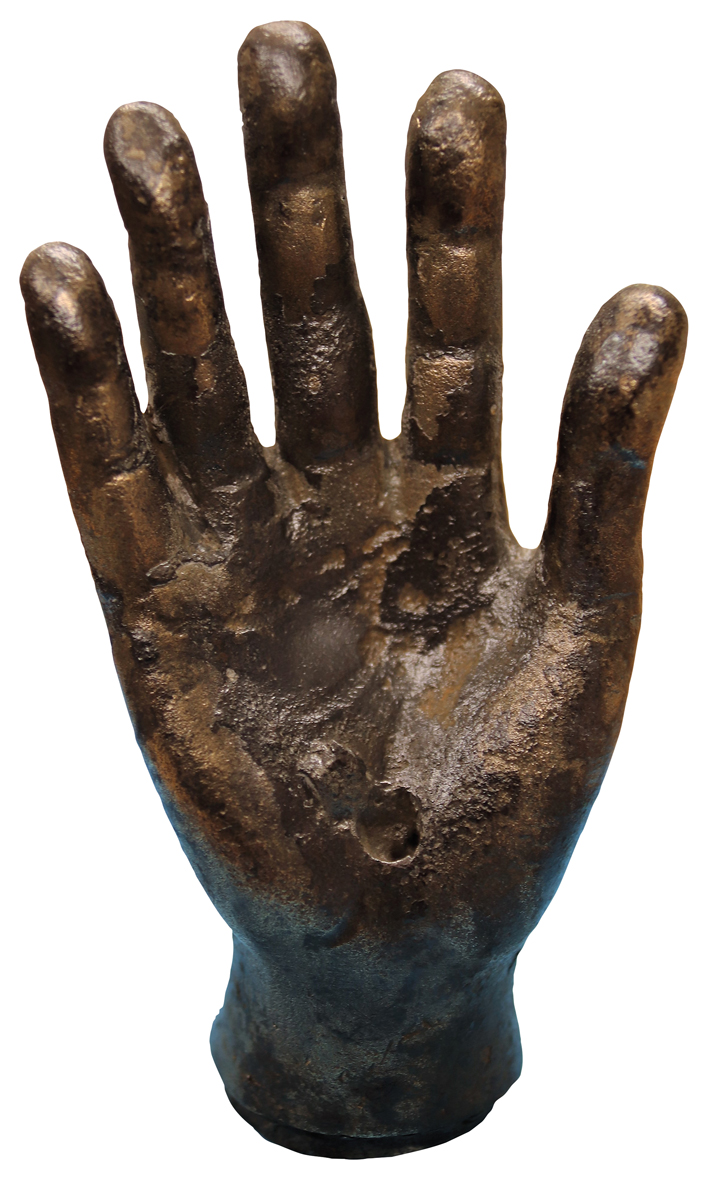
(Courtesy of The Vindolanda Trust)
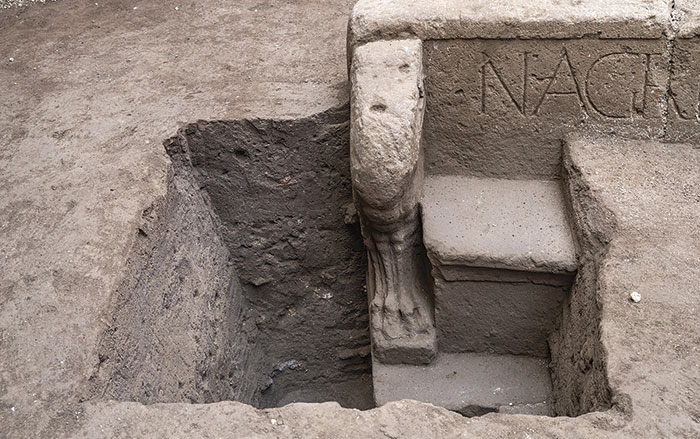
Courtesy Soprintendenza Archeologica di Pompei
-
Features November/December 2019
Artists of the Dark Zone
Deciphering Cherokee ritual imagery deep in the caves of the American South
 (Alan Cressler)
(Alan Cressler) -
Letter from Jordan November/December 2019
Beyond Petra
After the famous city was deserted, a small village thrived in its shadow
 (Ivan Vdovin/Alamy Stock Photo)
(Ivan Vdovin/Alamy Stock Photo) -
Artifacts November/December 2019
Australopithecus anamensis Cranium
 (Dale Omori/Cleveland Museum of Natural History)
(Dale Omori/Cleveland Museum of Natural History) -
Digs & Discoveries November/December 2019
Proof Positive
 (Erich Lessing/Art Resource)
(Erich Lessing/Art Resource)


